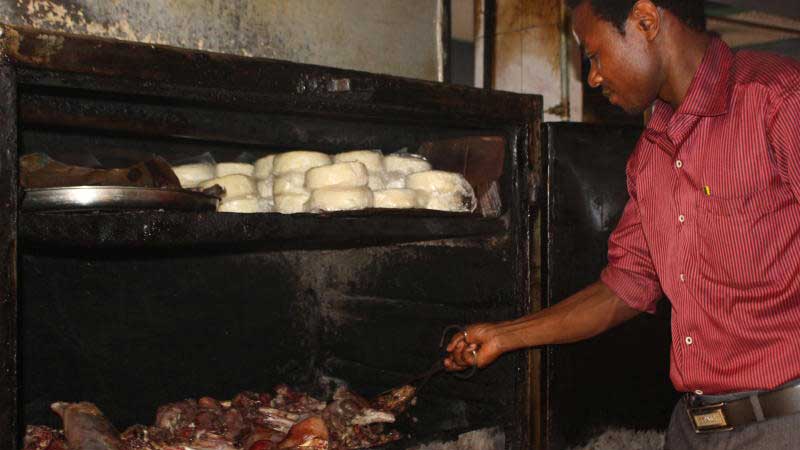×
The Standard e-Paper
Smart Minds Choose Us

The Government, within its Big 4 agenda, has given prominence to food and nutritional security as one of its main development pillars. Rightly so, since a well-fed nation is crucial for productivity and contribution to the country’s economic growth. However, this pillar is often misconstrued to solely refer to enhanced food production and equitable volumes.